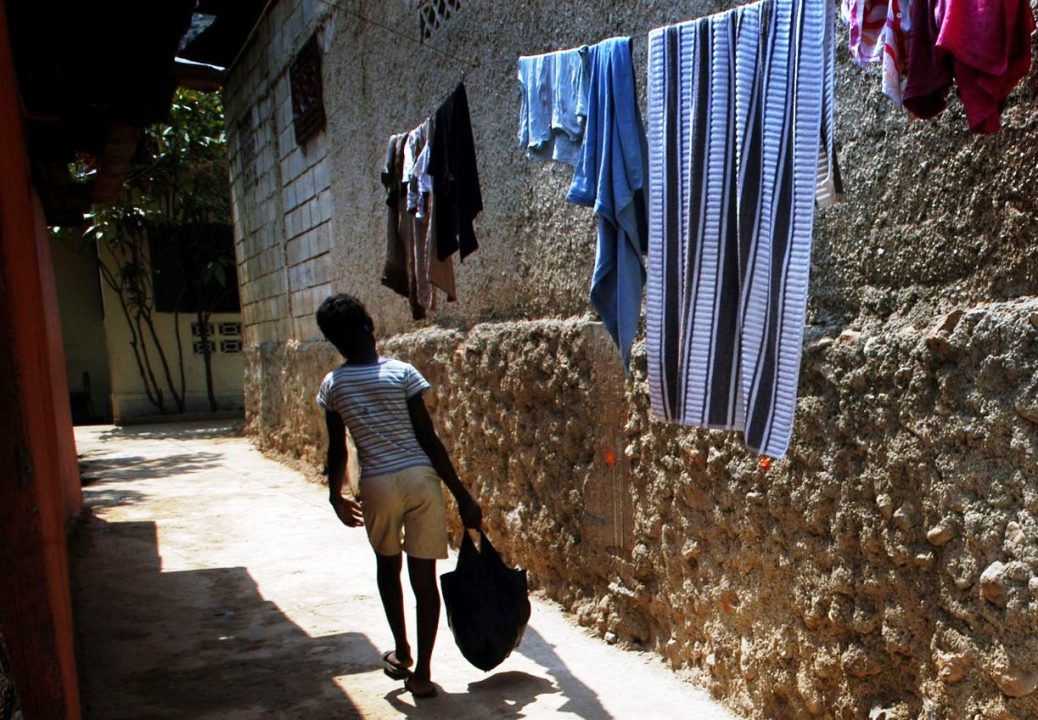Data for Access to Credit
Researchers gathered data from 2,078 Haitian families to find their access to credit. This makes it easier for them to achieve their personal and familial goals. Particularly, the research categorized credit sources into the following sources:
- Bank or formal credit institution,
- Merchant or money-lender,
- Relatives,
- Other, non-relative,
- Other
Generally, access is low and no higher than 5 percent for any credit source. Specifically, the most accessible sources of credit were merchants and money-lenders, and non-relatives. This is another sign of endemic poverty. In this case, the entire extended family is without financial sources. Hence, they cannot provide financial credit support to its members. Namely, access to credit is low across all areas.
The researchers also reviewed the access by the various Haitian departments. The departments with the highest rates of credit access were the more urban areas of
- Metropolitan
- Artibonite
The departments of Nord Est, Nord Ouest, and Grand Anse had the lowest levels of access to sources of credit.
Finally, households with child domestic workers generally had less access to credit. For example, in the urban area, families without CDW had a 5 percent access rate to merchants and lenders. In the same section, households with CDW has a rate of access of 4.5 percent.
Restavek
In Haiti, many poor rural families hoping to provide a better future for their children send them to live as domestic servants in the homes of urban / semi-urban families. These children, mostly girls are extremely vulnerable to emotional, physical, and sexual abuse. These children are known as Restavek.
Data Source
Haiti Now relied on data obtained from the FAFO Research Foundation and the Institut Haitian del’ Enfance. The data was collected from 2013 – 2014.
Haiti Now has published this data online in an interactive manner. Click here to review this data in more detail, and to see other dimensions of the living conditions of Restavek in Haiti.
Another Option for Abandoned Girls in Domestic Servitude
Haiti Now ‘s mission is to give Restavek girls the ability to:
- leave domestic servitude, and
- prepare for the future they and their parents had hoped for.
Our current goal is to build a residential school for Restavek girls. We intend to provide the support needed for these girls to build a healthy and financially secure future, all under one roof.
In this residential school, girls will receive:
- an accelerated education,
- health care,
- emotional support,
- mentoring,
- arts and sports, and
- healthy socialization with peers and adults.
Envision the opportunity for these girls reaching their potential at our residential school, and join us to build this facility.
Please support us at https://www.haiti-now.org/donate/
